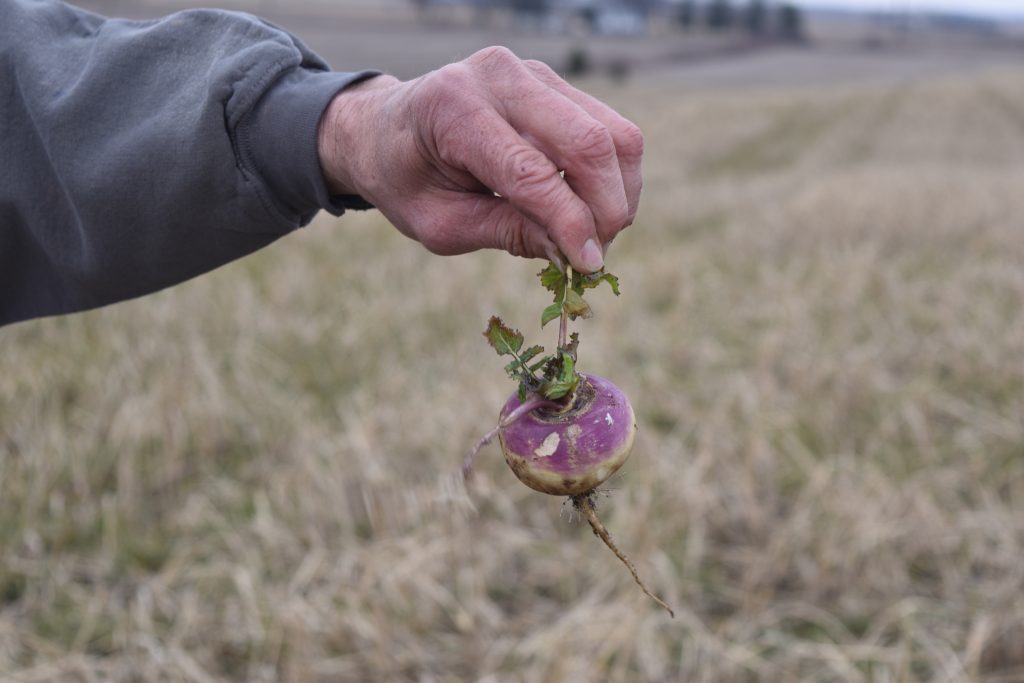At Badtke Family Farm, sustainability is not just a buzzword – it is a way of life. For Pete Badtke, sustainability means nurturing the land to create robust soil through cover crops and water conservation. As we reflect on Earth Day, let’s take a look at what sustainability really means to farmers like Pete and answer common questions about farming’s impact on the environment.
What does sustainability mean for farmers?
For Pete, sustainability means leaving the earth better than he found it. It’s a commitment to building robust soil and saving water for future generations. Pete believes in the long-term benefits of implementing conservation practices. From cover crops to responsible water management, every decision on the farm is based on a vision of sustainability.
Is agriculture harmful to the environment?
Contrary to popular belief, farmers like Pete actively work to minimize their impact on the environment. By adopting practices that create robust soil and conserve water, they not only protect natural resources, but also make their operations more resilient. Sustainable agriculture contributes to environmental management and the protection of biodiversity.
How do farmers manage cover crops?

Cover crops play a key role in Pete’s sustainability efforts. Inspired by partnerships with local organizations like Green Lake County Farm Bureau and Zielone Jezioro AssociationPete has been experimenting with cover crops for over a decade. These crops not only enrich the soil, but also aid prevent erosion and improve water retention. Pete’s commitment to innovation and collaboration has led to transformational changes on his farm.
What technology supports sustainable agriculture?
Technology is a game-changer for sustainable farming practices. Pete’s investment in automatic control technology allows for precise planting and spraying, minimizing waste and maximizing efficiency. By leveraging the latest developments, farmers can raise their sustainability efforts while remaining economically viable.
Who works with farmers to support sustainable development?
Partnerships are key to further developing sustainable agriculture. Pete’s involvement in initiatives such as Fox-Wolf Demonstration Farms project i Wisconsin Farm Bureau provided invaluable resources and support. By working with other farmers and support organizations, Pete is paving the way to a more sustainable future.
Sustainability isn’t just a destination – it’s a journey. Farmers like Pete are at the forefront of this journey, showing that through innovation, collaboration and a deep respect for the earth, we can create a future where agriculture thrives in harmony with nature. As we celebrate Earth Month, let us recognize and support the efforts of farmers who work tirelessly to feed people and the planet.


